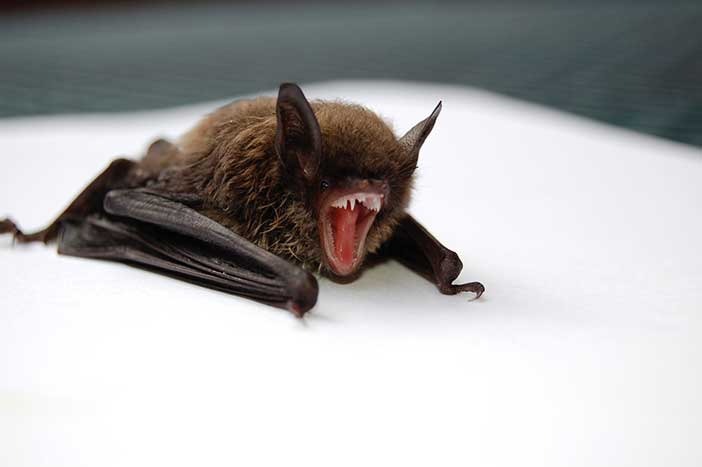A study published in the journal PLOS Pathogens suggests that a new virus found in Russian bats may mutate to pose a threat to humans. Researchers from the Paul Allen School of Public Health at Washington State University found that the virus can infect humans and is also resistant to COVID-19 vaccines.


The new bat virus is called Khosta-2 and is similar to SARS-CoV-2 which belongs to the Sarbecovirus of the coronavirus family. The virus was first found in Russian bats in 2020, but researchers did not believe it was threatening enough to infect humans. But they now see that it can infect humans and can even become a public health scare.
Led by Michael Letko, the researchers said Khosta-2 and SARS-CoV-2 use the same ACE2 to enter human cells for infection. “Receptors on human cells are the way that viruses get into cells,” Letko said. “If a virus can’t get in the door, then it can’t get into the cell, and it’s difficult to establish any type of infection.”
Letko further revealed that people who received vaccinations for COVID-19 cannot neutralize the Kosta-2 virus, and people who also recovered from Omicron infection cannot overcome the newly discovered virus. Letko’s team of researchers found that when mixed with SARS-CoV-2, Khosta-2 may mutate to cause deadly diseases in people.
While it is difficult to prove if the virus can cause a pandemic or epidemic in the future, Letko said the virus is already spreading in bats, pangolins, raccoon dogs, and palm civets. Letko noted that vaccine manufacturers are currently working to develop vaccines that protect people against all diseases emanating from Sarbecoviruses in general – and not only future COVID-19 mutations.
“Unfortunately, many of our current vaccines are designed for specific viruses we know infect human cells or those that seem to pose the biggest risk to infect us,” Letko stated. “But that’s a list that’s ever-changing. We need to broaden the design of these vaccines to protect against all sarbecoviruses.”
Letko said his team was not trying to scare anybody, but it was necessary to inform people of what was out there. He said there is no risk of any infection that could grow into a public health threat – but even if Khosta-2 could become a pandemic or epidemic, that would be about 20 years from now.
“We don’t want to scare anybody and say this is a completely vaccine-resistant virus,” Letko says. “But it is concerning that there are viruses circulating in nature that have these properties—they can bind to human receptors and are not so neutralized by current vaccine responses.”
